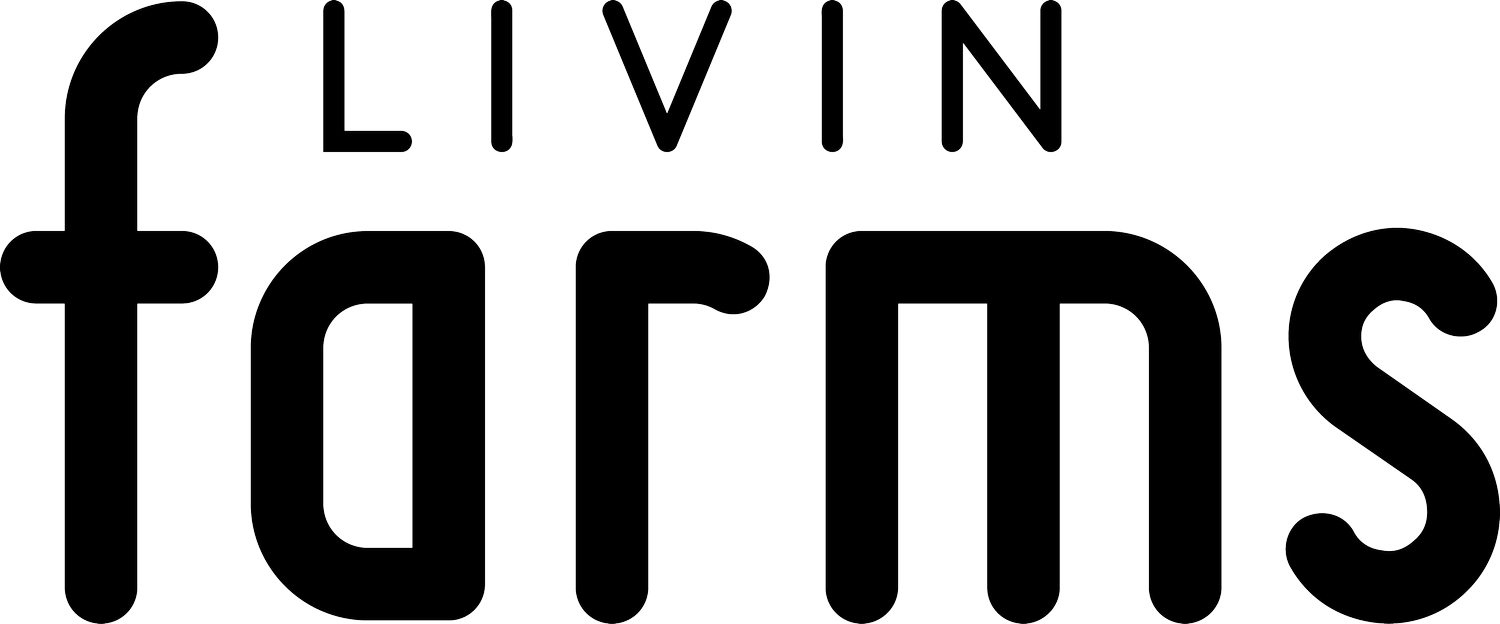Environmental Issues that Insect Farming Can Fix

Here is how insect farming may be the answer to at least 3 of the major malfunctioning in our food systems.
Problem #1 - Food waste
Every year, In the EU alone, we throw away 3.5 million tons of bakery waste, 3.4 million tons of spent grains from breweries, and a whopping 53 million tons of vegetable and fruit waste. Globally, we waste ⅓ of all food we produce.
There are two consequences to this. First, when we waste food we also waste all the energy, water, and excess greenhouse gasses it takes to grow, harvest, transport, package, and store it. It’s all for nothing.
Then, if food waste ends up in landfills, it produces additional methane gasses for longer. While we should definitely prioritize reducing food waste, there will inevitably be some of it as part of farming, processing, and retailing.
And this is where our heroes, insects, come into play. There are around 840,000 different types of insects, but we do not want to generalize. All you need to know is that some of these are scavengers: they are nature’s cleaning crew and their role is to help the planet decompose organic matter.
Livin Farms is at the forefront of developing insect farming management technologies.
Problem #2 - Meet the meat
To start with, meat is a very inefficient way to eat. It takes 3.2 Kg of crops to grow 1 Kg of chicken. It is estimated that livestock provides 18% of our calories intake while taking up 83% of our farmland!
To respond to the monumental demand of meat out there, industries farm intensely, keeping livestock animals close together. Maintaining hygiene becomes difficult, and infections and diseases need to be prevented, so animals are given antibiotics. 80% of the antibiotics on the market are given to livestock animals. And end up in our food.
We need a better way to farm proteins. And guess what. Remember those critters that love to eat our food waste? They are also healthy (and safe) sources of proteins. Yes, insects can be eaten (not all of them of course!) and humans have a long history of entomophagy.
Problem #3 - Harmful fertilisers
Yet another contradiction of agriculture. The very fertilisers that we use to scale up farming and provide for a growing population, may be the culprit of our resources’ irreparable damage.
Synthetic fertilizers cause so-called nitrogen overload in the soil and, most importantly, groundwater pollution. It is a pretty complex process, but the simple version is that when we use synthetic fertilizers we overload the environment with different forms of nitrogen . Organic fertilisers like insect frass are slower in their release of Nitrogen and do not overload the soil or water with nutrients, hence do not alter ecosystems. It also has living microorganisms that strengthen the plants’ stems and stimulate root growth!

